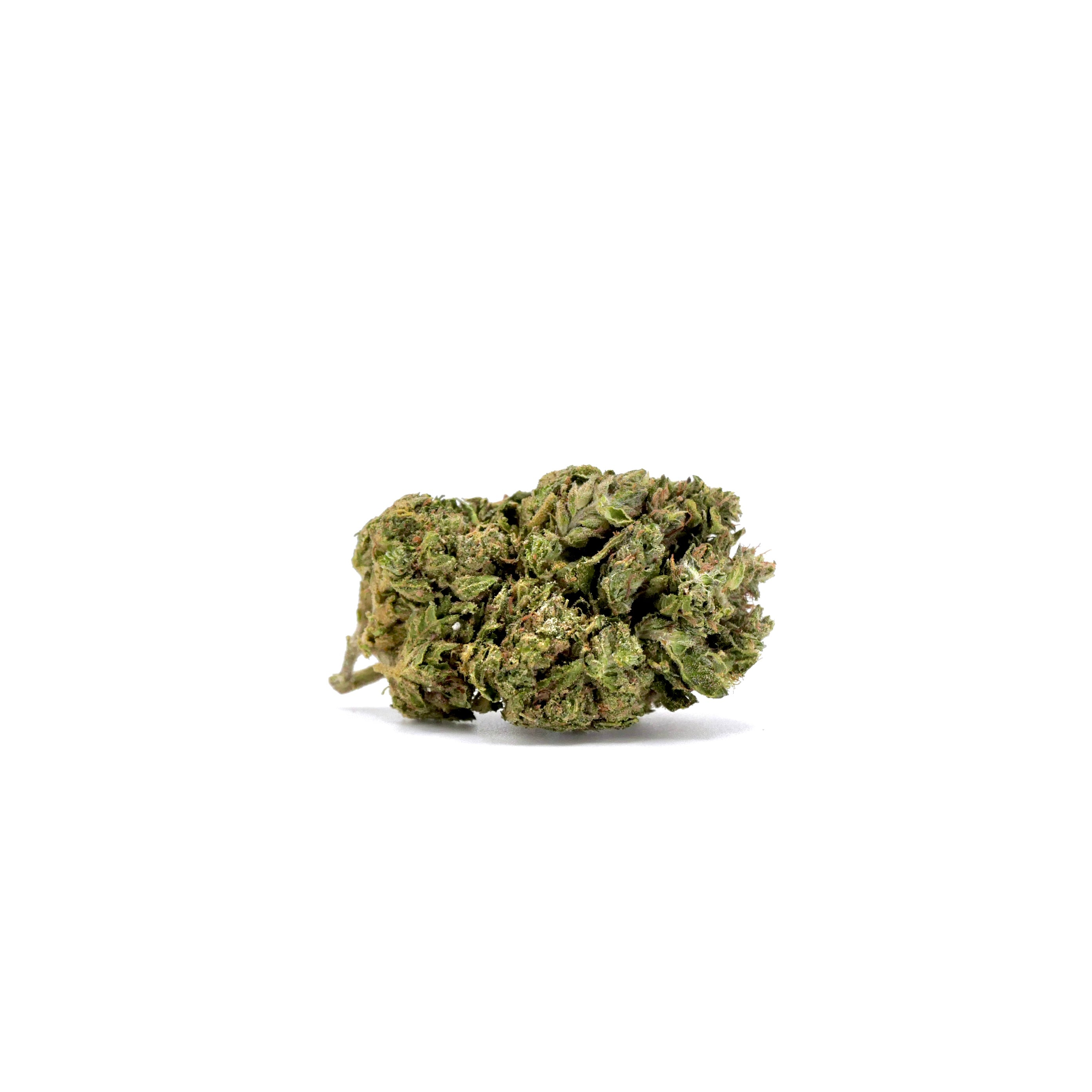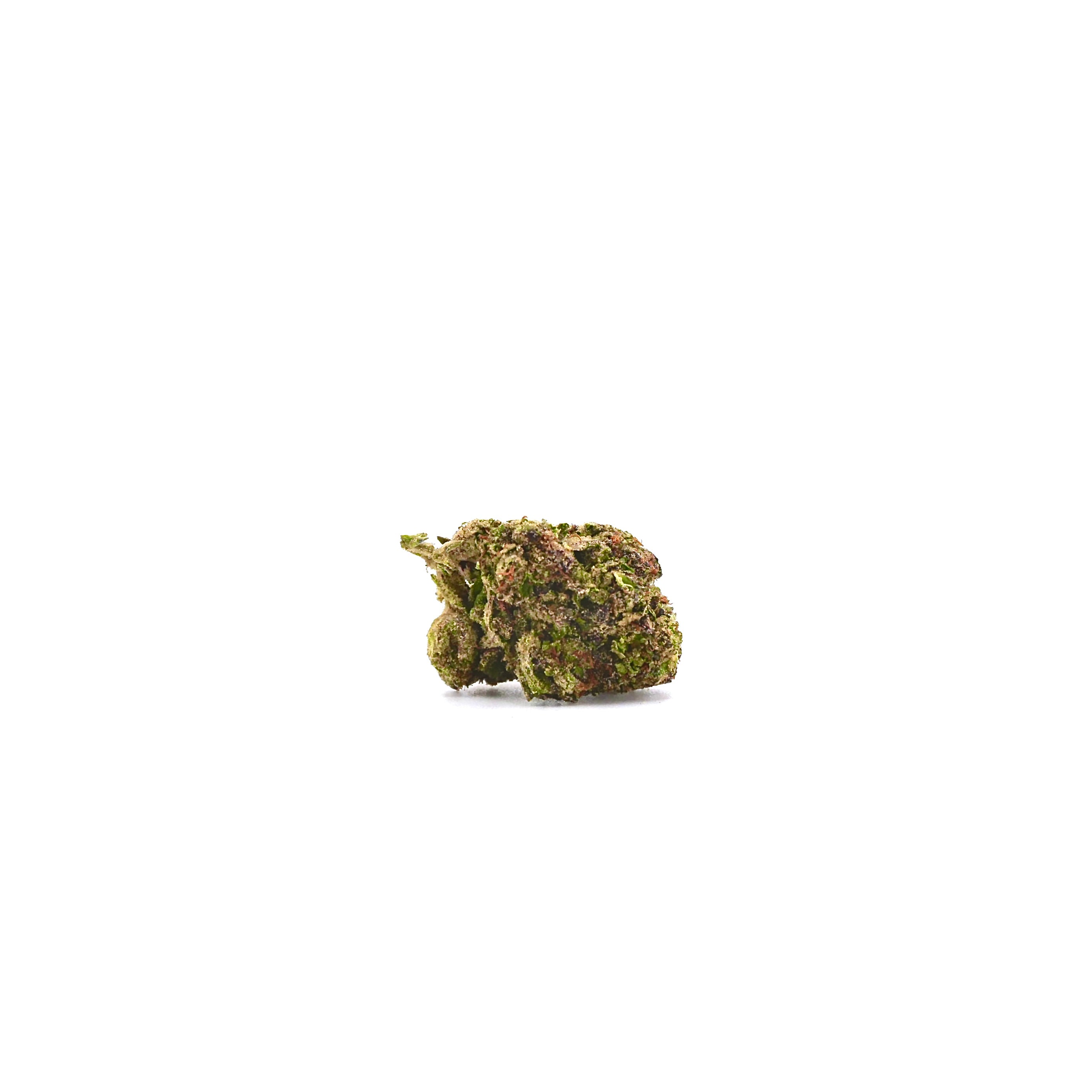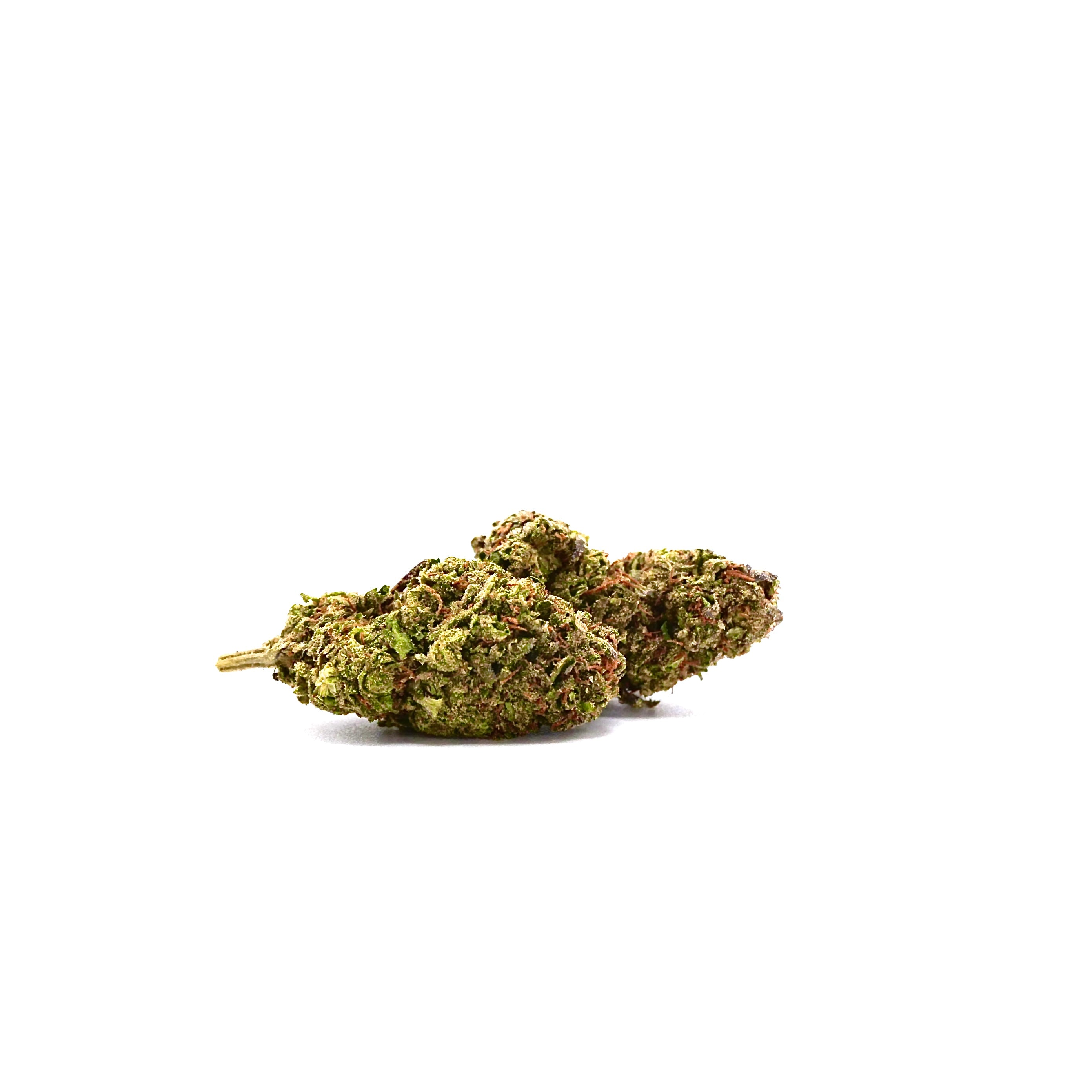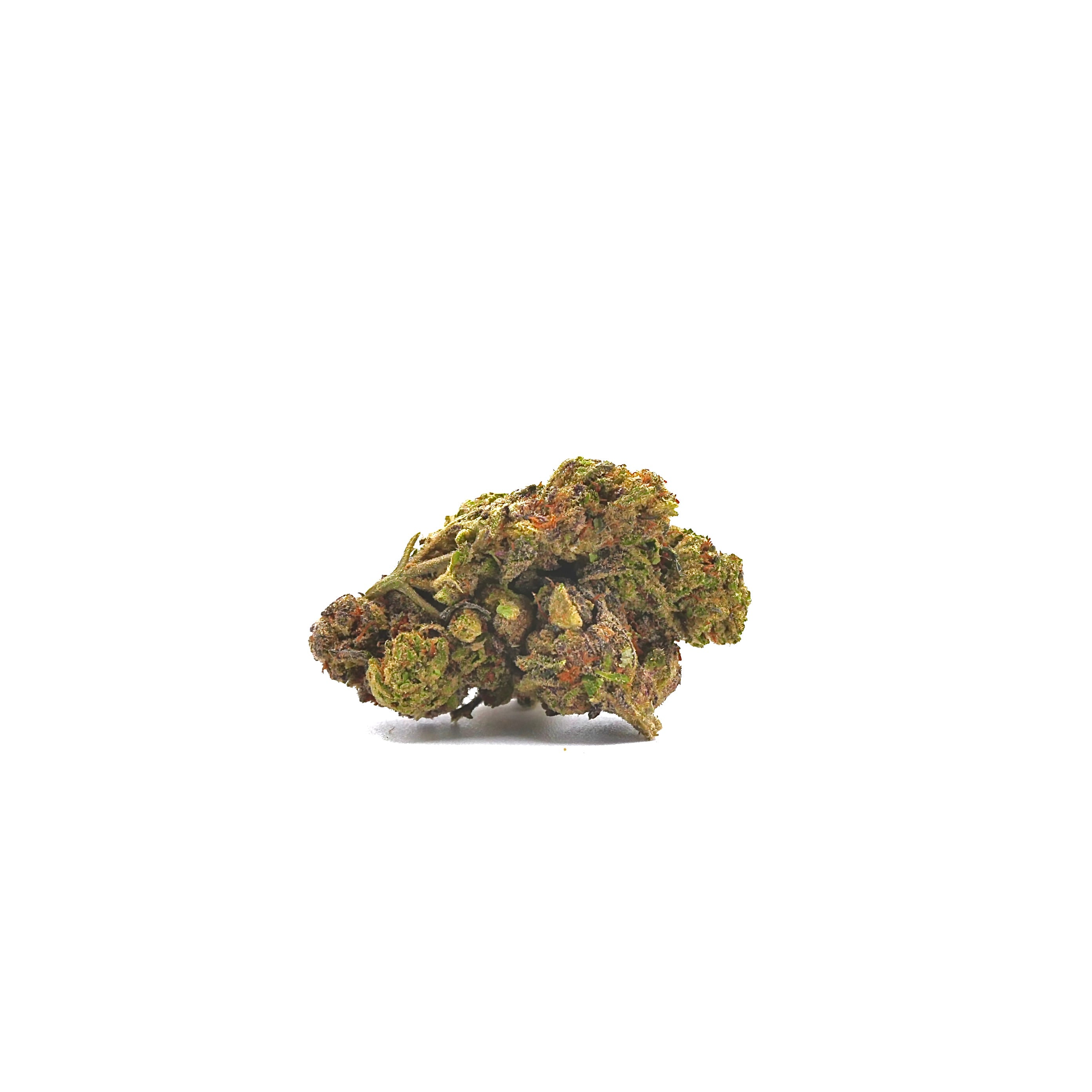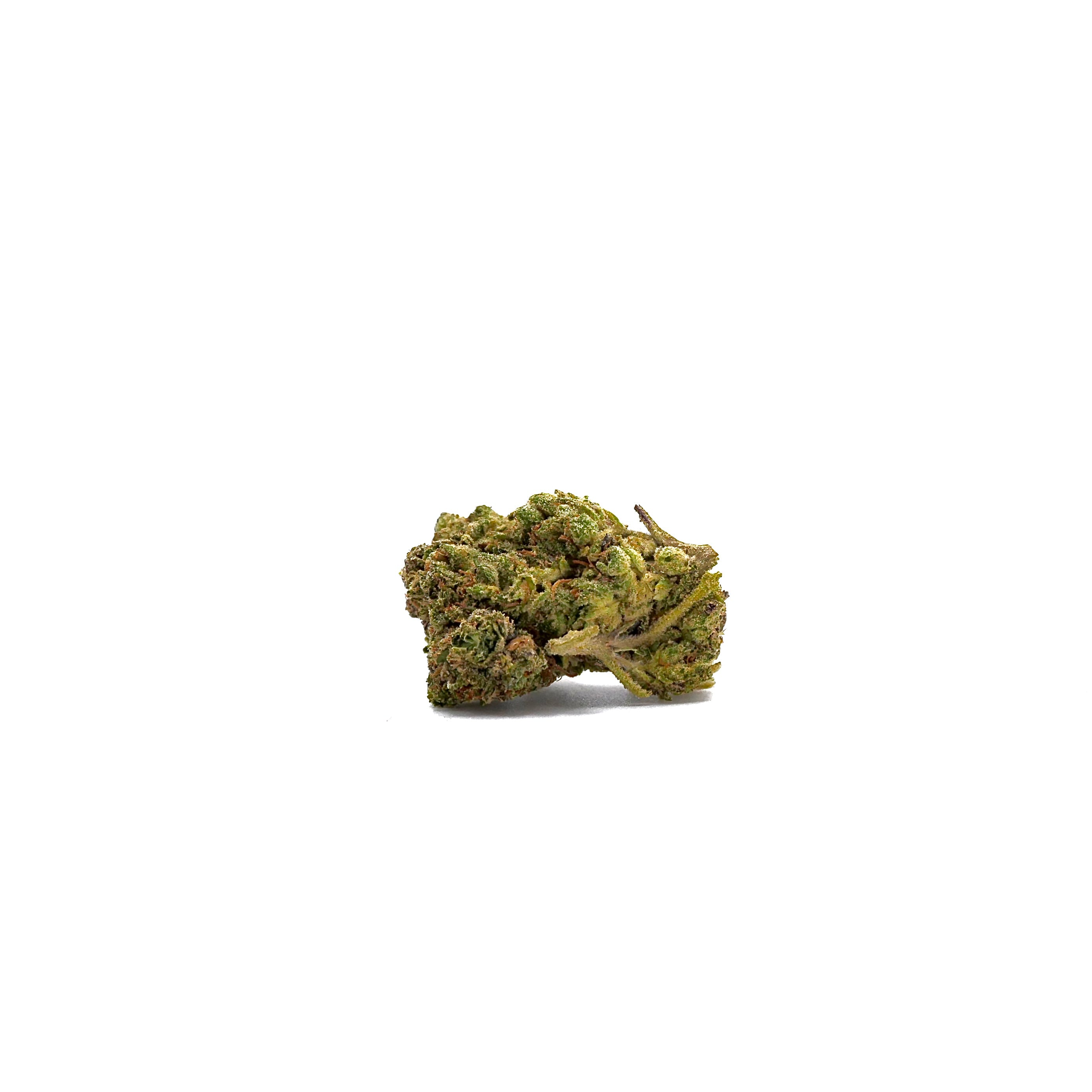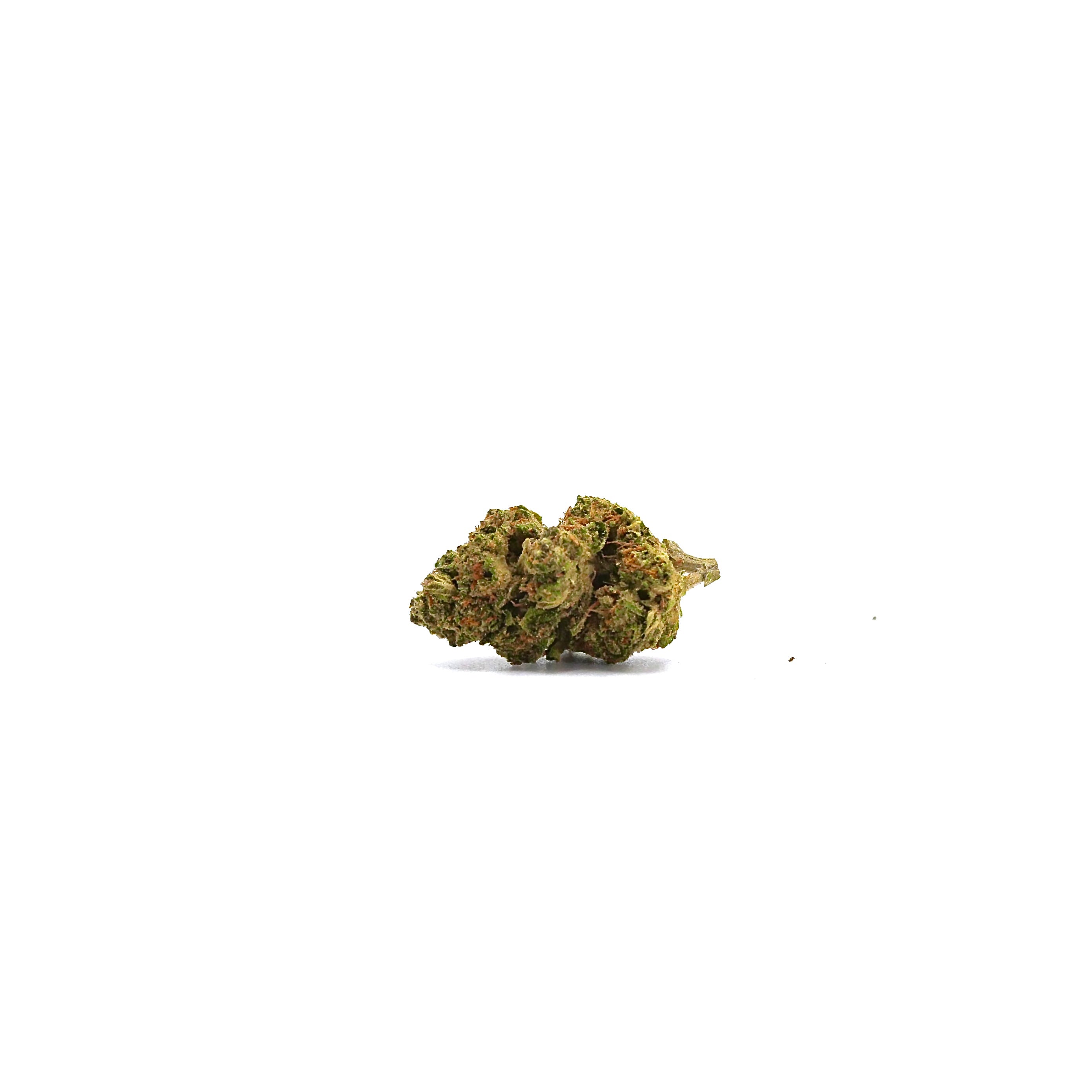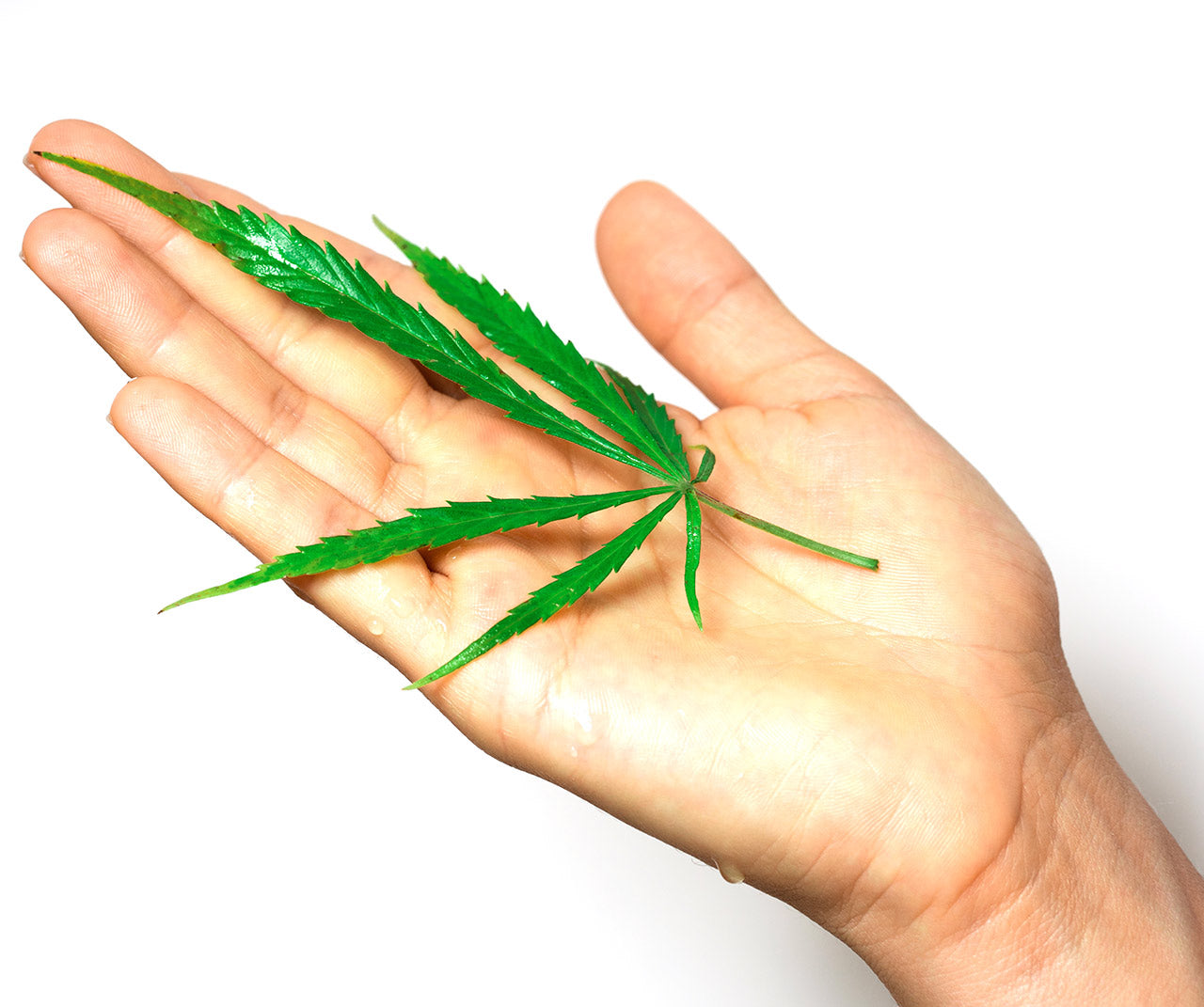

Join Puffy Prime Today!

For just $10 a month, you get 20% off all orders store-wide (usually pays for itself on the first order). Plus you'll get premiere access to new products before we even make them available. Sign up here or add it to your cart on your order. You'll be happy you did!
Best Sellers
Super Lemon Cherry Gelato (LCG)
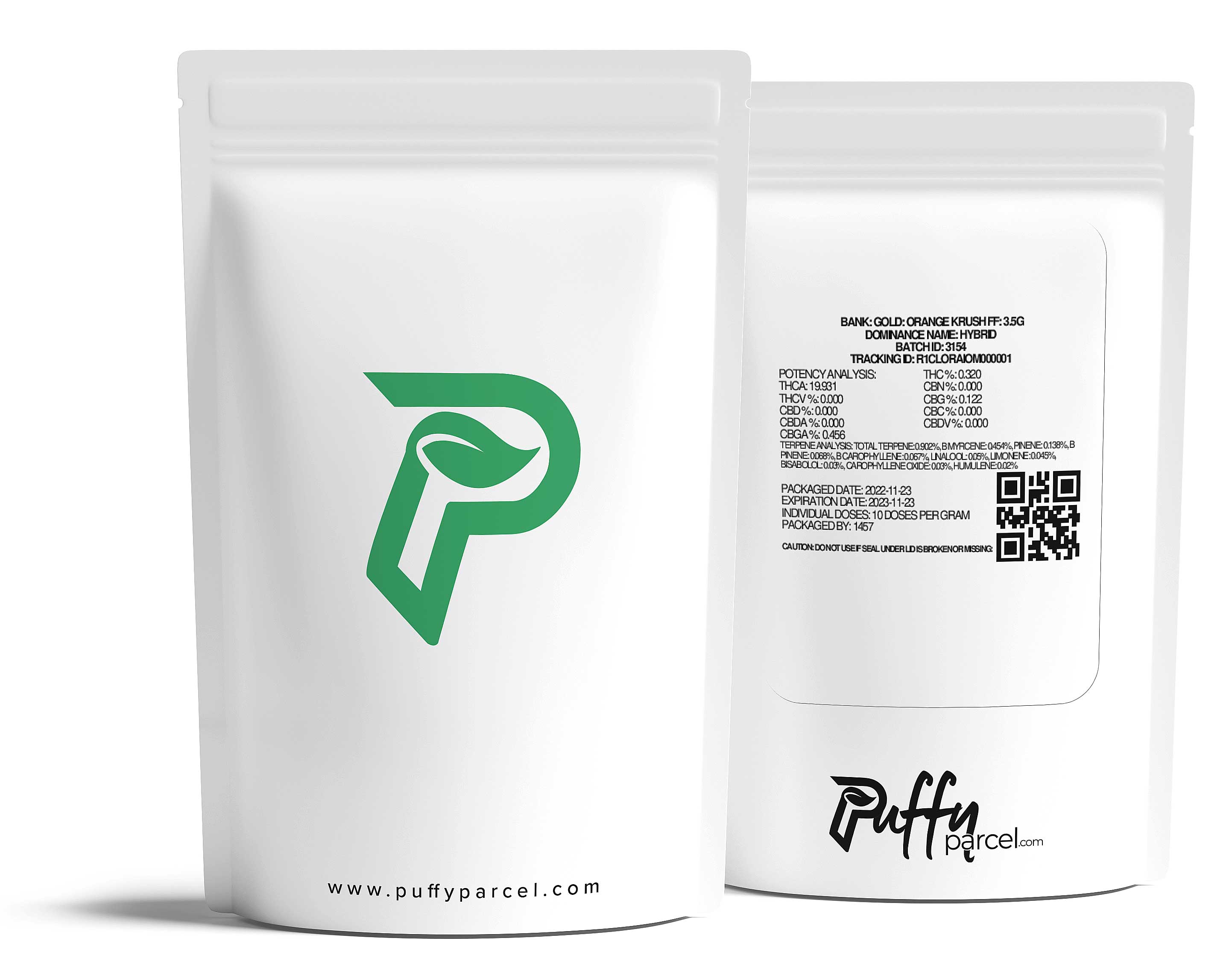
Our Promise to You.
Every product we carry is hand-selected from trusted, small-batch farms that share our commitment to clean cultivation and delivered with integrity.
Our promise is simple: lab-tested quality, straight & discreetly delivered to your door. Whether you’re a seasoned connoisseur or new to the world of THCa flower, we’re here to elevate your experience with products you can trust — and a team that’s always got your back.
Got questions? We got answers!
How is PuffyParcel legal?
At Puffy Parcel, compliance isn’t an afterthought—it’s our foundation.
All of our products meet the strict hemp guidelines outlined in the 2018 Farm Bill, including the federal limits for Delta-9 THC by dry weight.
To uphold the highest standards, we partner exclusively with licensed, U.S.-based growers who operate in full accordance with state, tribal, and federal regulations.
Every product in our collection is rigorously tested by third-party labs to verify cannabinoid content, purity, and safety—ensuring what’s on the label is exactly what’s in the bag.
What states do you ship to?
While hemp-derived products are federally legal, state laws vary.
Some states have relaxed policies, while others enforce stricter rules—or prohibit certain products entirely.
At Puffy Parcel, we continuously monitor and adapt to evolving state regulations to ensure full compliance, wherever your order is headed.
THC vs. THCa - Are they the same thing?
THCa is a non-psychoactive cannabinoid found naturally in raw cannabis. In this form, it does not produce a high. BUT when heated—through smoking, vaping, or baking—it converts into Delta-9 THC, unlocking its full effects.
We proudly source from American growers who specialize in ensuring high-THCa content while remaining fully compliant under the 2018 Farm Bill.
Because of this, we’re able to deliver potent, federally legal THCa flower directly to your door.
Our edibles and concentrates are also crafted with Farm Bill–compliant levels of Delta-9 THC and enhanced with other cannabinoids like Delta-8, THCp, and CBD—giving you bold effects without crossing legal lines.
Will a drug test show THCa?
Sorry, short answer: yes. Puffy Parcel products may cause you to fail a drug test. While our products are derived from federally legal hemp, they contain cannabinoids such as THC, which can trigger a positive result on standard drug screenings. If you're subject to drug testing, we recommend exercising caution before using any THC-containing products.




